Kabul, MINA – Civil society groups in Afghanistan are moving to intervene and help the victims, when international aid is difficult to reach the disaster area.
As quoted from Al Jazeera on Saturday, the sanctions and challenging terrain in the affected areas make it difficult to provide rapid international assistance to earthquake survivors in eastern Afghanistan.
More than 24 hours after being hit by Wednesday’s 5.9 magnitude earthquake, residents in remote areas of Paktika and Khost provinces in eastern Afghanistan continue to excavate bodies from the rubble.
More than 1,000 people died and about 2,000 were injured, but officials warned that the toll was likely to rise.
Also Read: 45 Activists from Gaza Aid Flotilla Arrive in Jordan After Detention by Israel
Aid began to flow to the affected areas, but relief efforts were hampered by poor communication and inadequate roads.
The World Food Program deployed 18 relief trucks to affected areas carrying High Energy Biscuits and mobile storage units and emergency food to 3,000 households.
The World Health Organization said it would provide 10 tonnes of medical supplies enough for 5,400 surgeries and medical treatment covering 36,000 people over three months.
UNHCR also delivered core relief items consisting of tents, blankets, plastic sheeting and kitchen utensils among other items to 600 families, according to a statement by the United Nations Office for the Coordination of Humanitarian Affairs.
Also Read: Mass Layoffs Hit Federal Agencies Amid Trump’s Government Shutdown
Meanwhile, the Norwegian Refugee Council (NRC) provided “unlimited and unconditional multipurpose cash transfers” in a one-time payment of 28,000 afghani ($314) to affected families.
“The NRC will also begin providing cash to identified households to support shelter repairs where possible,” said Becky Roby, NRC advocacy manager in Afghanistan.
However, international aid delivery has been slow because of the challenges posed by sanctions imposed after the Taliban takeover and international agencies struggle to operate in challenging terrain, Roby said.
While the affected areas are remote and mountainous, bad weather conditions over the past few days have also hampered the emergency response.
Also Read: Deadly Clashes Erupt Between Pakistani and Afghan Forces, Dozens Killed
“The lack of telephone signal has made it very difficult to maintain contact with the field team … even our satellite phones are not working in the area,” he said, adding there were also concerns over the underlying risk of landmines laid over four decades.
“These provinces have experienced heavy fighting in the past and have not been officially exempt from unexploded ordnance,” Roby added.
In addition, the banking challenges posed by United States sanctions complicate the humanitarian response for many organizations.
Roby added that despite humanitarian waivers for their work, the NRC encountered obstacles and delays from banks when transferring funds to Afghanistan.
Also Read: Israeli Olympic Committee Urges IOC Intervention After Indonesia Denies Visas to Gymnasts
“Despite the challenges listed above, we were able to mobilize a humanitarian emergency response. However, serious questions remain about how we support these communities to rebuild their lives in the context of the economic crisis, ensuring that they can find safe and permanent housing, where they can earn enough money to survive and send their children to school,” he added.
The collapse of institutions, a lack of existing resources and infrastructure weakened by the war and financial crisis have also slowed the response to the country’s deadliest earthquake in two decades.
“We have so far received support from several international agencies and Pakistan has also sent aid such as medicine and food, as well as tents and water supplies. But we need more to match the urgency,” Sharafat Zaman Amar, spokesman for the Taliban’s Ministry of Public Health, said. (T/RE1)
Mi’raj News Agency (MINA)
Also Read: Afghan, Pakistani Armies Exchange Heavy Fire Along Border






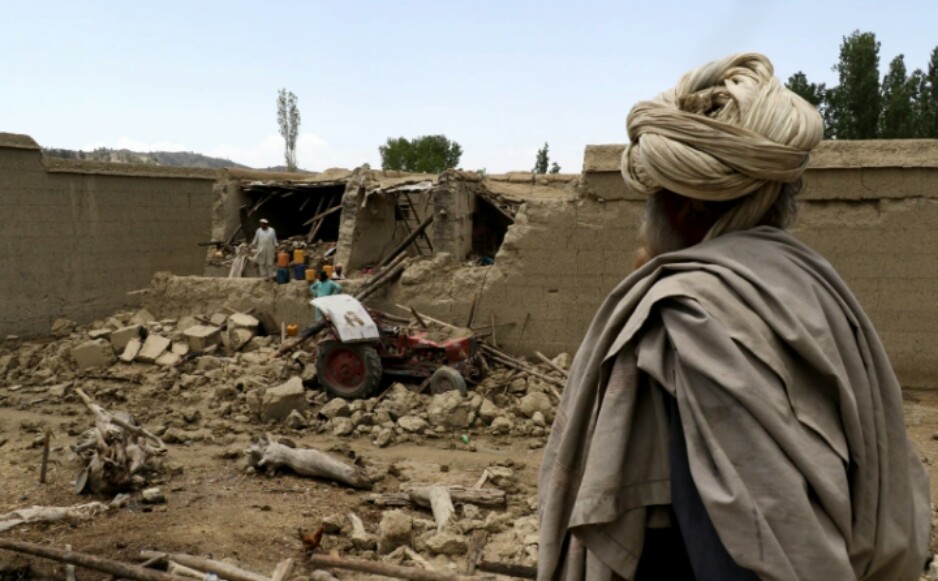

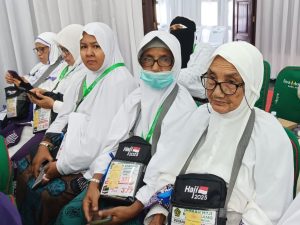


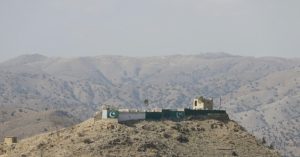




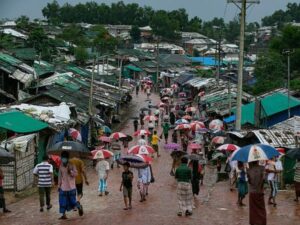

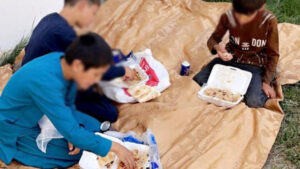
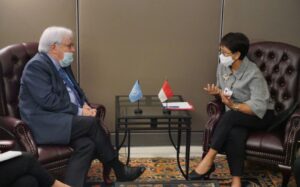
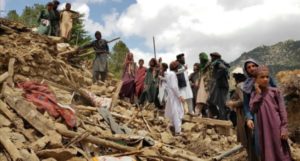
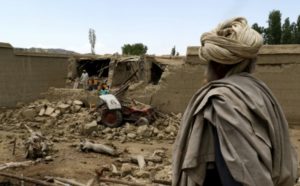



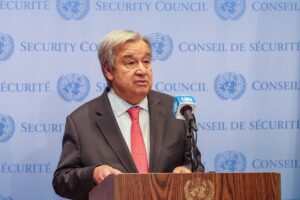
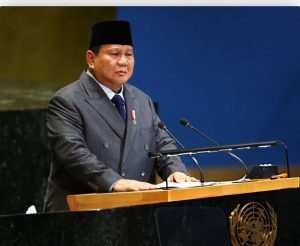
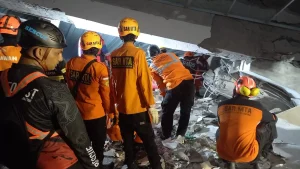




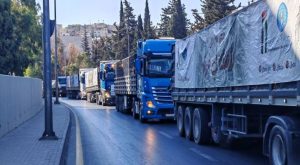





 Mina Indonesia
Mina Indonesia Mina Arabic
Mina Arabic